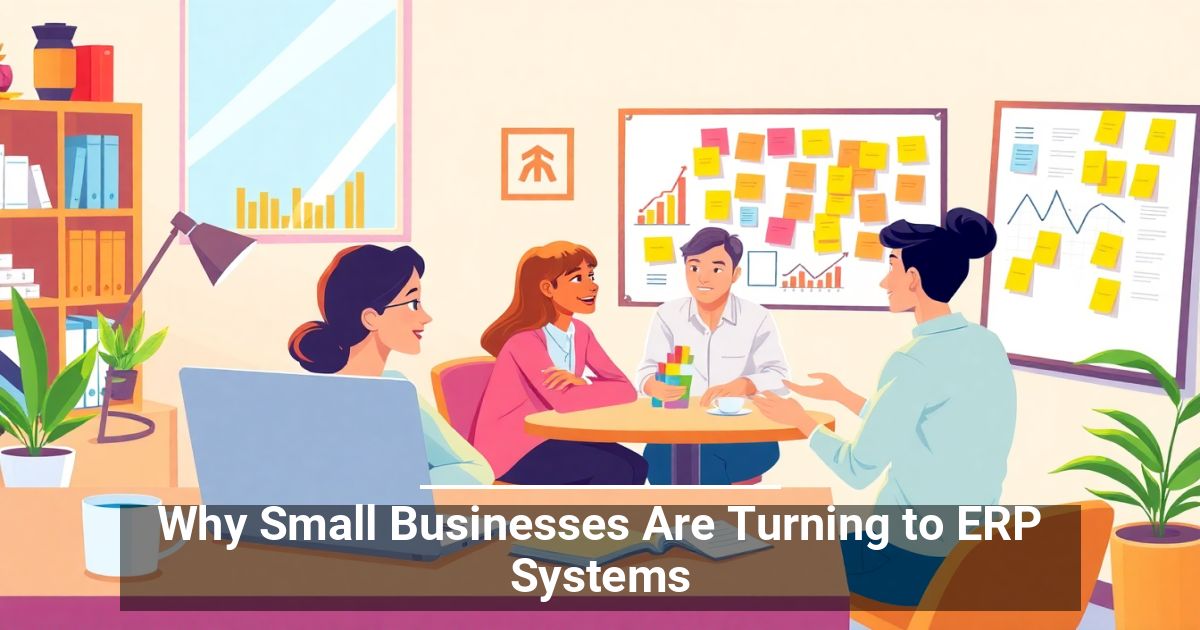 Are you finding it hard to keep track of your company's operations? With limited resources, you need a highly efficient setup in place to manage inventory, finances, client data, and other key processes.
Are you finding it hard to keep track of your company's operations? With limited resources, you need a highly efficient setup in place to manage inventory, finances, client data, and other key processes.
Learn how digital enterprise resource planning (ERP) for small businesses can help bridge the gap.
What Is Enterprise Resource Planning?
Traditional resource management often involves sifting through piles of documents, juggling multiple disconnected systems, and manually inputting data. It's slow, prone to errors, and just not practical anymore, especially for smaller establishments with less room for failure.
That's where modern ERP comes in. As the name suggests, it's a type of software that organizes all company information in a centralized platform. With one place to access real-time data, executives and department managers can make smarter decisions much faster.
How ERP Systems Drive Small Business Growth
Whether you're in the retail or manufacturing industry, ERP for small businesses brings many worthwhile advantages, including the following:
Cost Reduction
Companies often overlook minute inefficiencies that quietly eat up resources. For example, you might lose a big client due to a billing error or waste valuable hours on manual inventory management. A well-implemented ERP platform can help eliminate these issues.
Real-Time Insights
Every decision counts for small businesses. In a fast-paced environment, having access to accurate, up-to-date information opens the doors for big opportunities. It also helps you address potential challenges with finesse.
Modern tools can track everything from product demand to sales trends, and then process the data into digestible visual formats.
Better Customer Service
Social media and online reviews can amplify your success, offering visibility and engagement without spending thousands on advertisements and marketing campaigns.
They're also a double-edged sword. Negative feedback spreads fast, and once it's out there, it can be tough to restore your reputation. ERP systems help streamline client interactions and track feedback, so you can better address every concern promptly and professionally.
Scalability
Growing pains are inevitable for small businesses. After a few successful years, you eventually have to expand your operations to meet higher demand, and it doesn't have to be a sluggish, expensive process.
By adopting ERP tools sooner rather than later, data integration and automation become seamless.
No Amount of Data Is Too Small for ERP Adoption
The main reason some businesses hesitate is the belief that their operations don't require such a robust system. When your existing setup can already handle the current workload, it's easy to dismiss ERP as unnecessary.
Many don't know that over 75% of small companies already leverage this technology, and for good reason. Today's increasingly digital landscape generates vast amounts of data daily. ERPs help streamline this flood, making even the smallest businesses more agile and competitive.
Streamline, Save, and Succeed
Enterprise resource planning is not just for big corporations. Small businesses can leverage it to boost operational efficiency without breaking the bank. Take the time to analyze your needs and then slowly implement the system across your organization.


